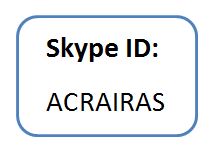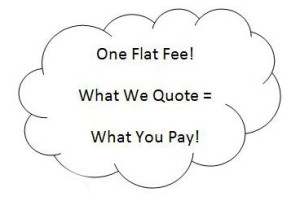New Company – Sole Proprietor or Pte. Ltd. Business?
An important issue facing entrepreneurs starting new businesses is to decide on the form of business vehicle that should be employed. Most businesses carried out by individuals are commonly carried out either as a company where the owner is also an employee (owner-employee) or as a sole proprietorship. One of the considerations in addressing this issue would be the income tax implications of a pte ltd business versus a sole proprietor business, sometimes also known as SP.
Tax Implications for Sole Proprietorship Business VS Private Limited Company in Singapore
Currently, there is a difference of 3 percentage points between the prevailing corporate tax rate of 17% and the highest progressive personal tax rate of 20%. As the income of a SP is taxed at the hands of a sole proprietor in his individual capacity at graduated rates, tax wise, it may appear that an SP is a better business vehicle than a company where the level of taxable income earned is subject to tax at the individual’s marginal tax rate of below 17%.
For newly Singapore incorporated companies which qualify for the start-up tax exemption scheme, the first $100,000 of the normal chargeable income qualifies for full tax exemption and the next $200,000 of the normal chargeable income qualifies for 50% tax exemption, giving a maximum taxation exemption of $200,000.
Therefore, for the first $100,000 of the company’s normal CI which is fully tax exempt, there will be no tax payable by a qualifying company. Since 50% of the next $200,000 normal CI is tax exempt, the corporate tax payable for a CI of $300,000 is only $17,00. Comparing to business setup that is an SP, the tax payable by a sole proprietor deriving a CI of $100,000 and $300,000 is $5,650 and $38,750 respectively (ignoring personal reliefs).
More reasons to incorporate a Singapore Private Limited Company instead of a Sole Proprietorship
Salaries paid by a Sole Proprietorship business to a Sole Proprietor are not tax deductible in determining the taxable income derived from an SP. However, a company can claim tax deduction for both salaries and employer’s CPF contribution in respect of its Singaporean or Singapore Permanent Resident owner-employee. Salaries received by the owner-employee are taxable at the graduated individual rates whereas the employer’s statutory cpf contribution is exempt in his hands.
Also, after the private limited companies’ first 3 years of assessment, the partial tax exemption scheme will apply. This partial exemption provides a tax exemption of 75% for the first $10,000 of normal chargeable income and 50% for the next $290,000 of normal CI, giving maximum tax exemption of $152,500 for each year of assessment or YA.
Private Limited Company in Singapore more beneficial than Sole Proprietorship
The decision on whether to incorporate a private limited business or not may have an impact on overall tax cash flows. As cash flow are especially vital for small businesses in Singapore especially at their initial stages, from a tax viewpoint, corporatising a business would generally be more advantageous than using a Sole Proprietorship vehicle.
Are you having problems incorporating companies in Singapore? If that is you and you need help with Singapore private limited company registration, you will be glad to know that J Accounting Services do offer you with such a service. Always remember that in the long run, a Singapore pte. ltd. firm has more benefits for you than a sole proprietorship company.




